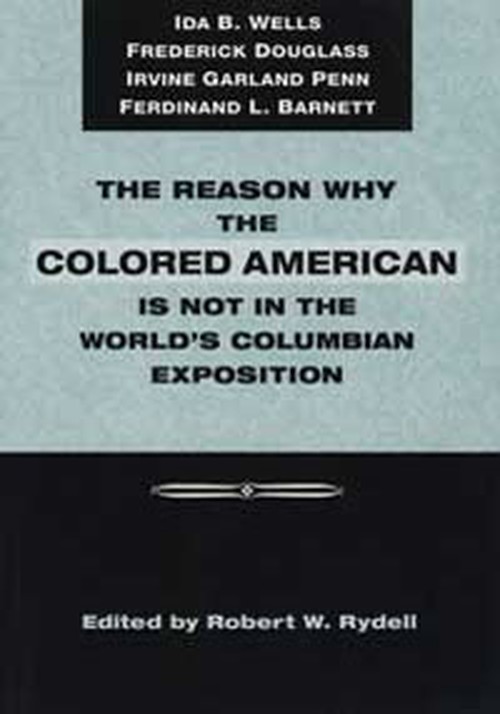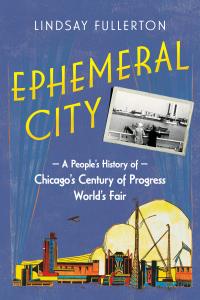
The Reason Why the Colored American Is Not in the World's Columbian Exposition
About the Book
Expressly intended to demonstrate America's national progress toward utopia, the 1893 World's Columbian Exposition in Chicago pointedly excluded the contributions of African Americans. For them, being left outside the gates of the "White City" merely underscored a more general exclusion from America's bright future.In response, several prominent African Americans resolved to publish a pamphlet that catalogued the achievements of Black Americans since the abolition of slavery while articulating the persistent political economy of apartheid in the American South. The authors of this remarkable document included antilynching crusader Ida B. Wells; Frederick Douglass; educator Irvine Garland Penn; and lawyer and newspaper publisher Ferdinand L. Barnett.
An eloquent statement of protest and pride, The Reason Why the Colored American Is Not in the World's Columbian Exposition reminds us that struggles over cultural representation are nothing new in American life. Robert Rydell's introduction looks at the sometimes conflicting strategies employed by Black Americans as they strove for representation at a cultural event that was widely regarded as a defining moment in American history.

















